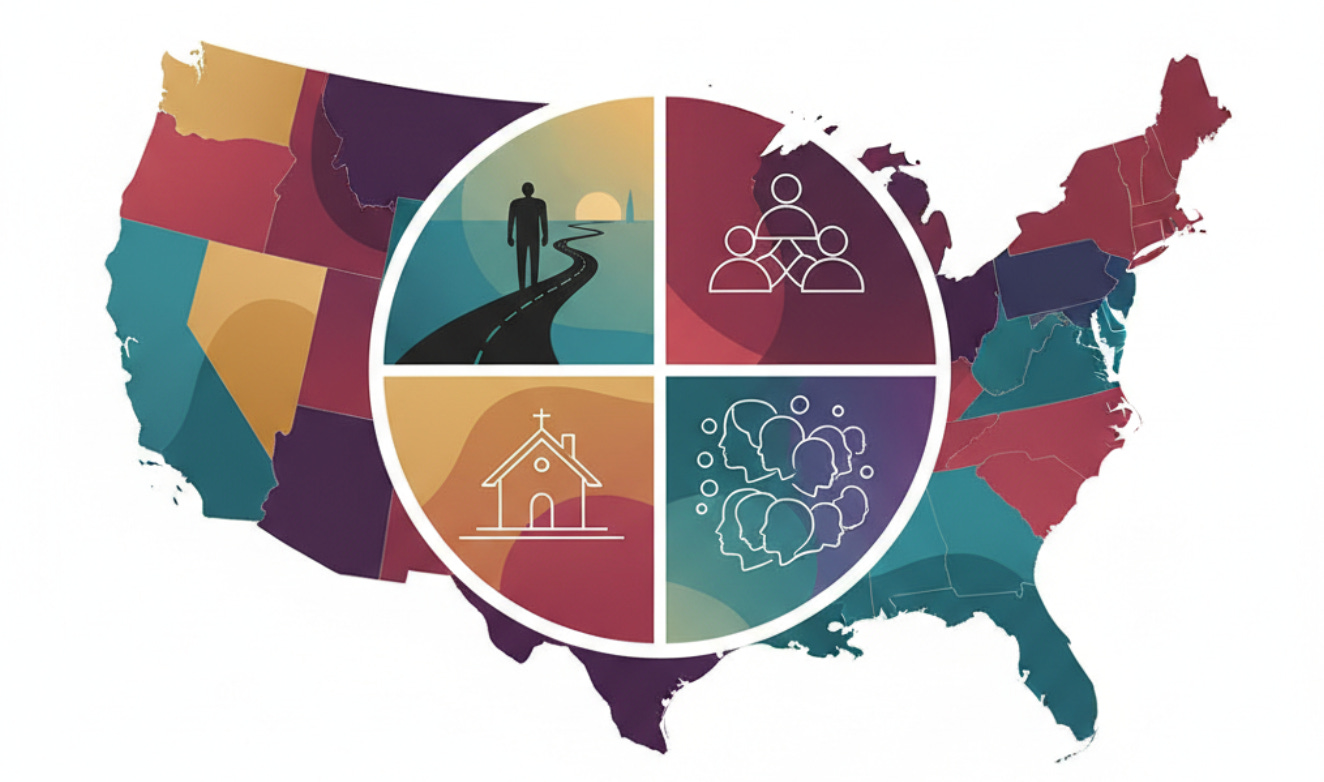Monday Edition: What the Culture War Is Really About
America's culture war
Americans talk about the “culture war” as if it were hundreds of separate fights: abortion, immigration, policing, school curriculum, guns, climate rules, and every other issue that splits Democrats and Republicans. But these arguments are symptoms. They come from deeper cultural differences that shape how people think about work, safety, family, and co…



